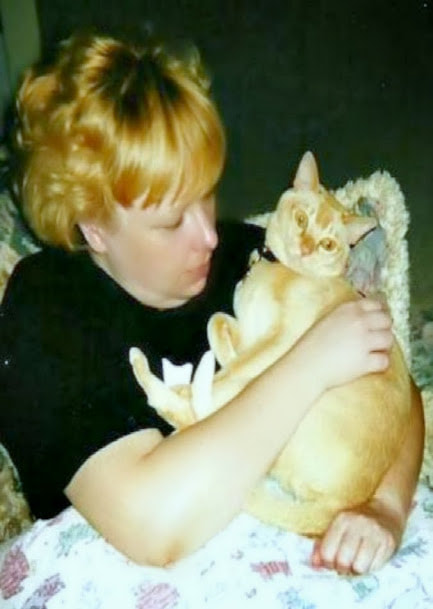0 Comments
|
AuthorElizabeth Llewellyn lives in South Burlington, Vermont with her three cats. She has owned a cat sitting service since 2002 and has worked professionally with cats in a variety of settings including, veterinary, boarding and breeding catteries, and rescue organizations. Elizabeth is a qualified feline welfare and behaviour specialist. Archives
July 2024
Categories |

 RSS Feed
RSS Feed